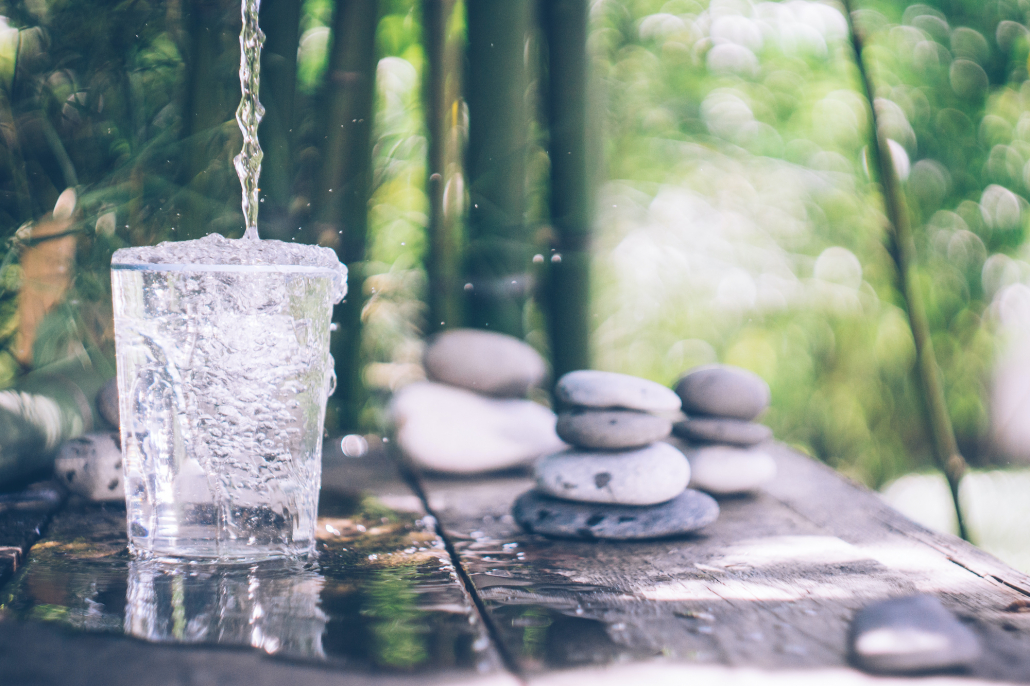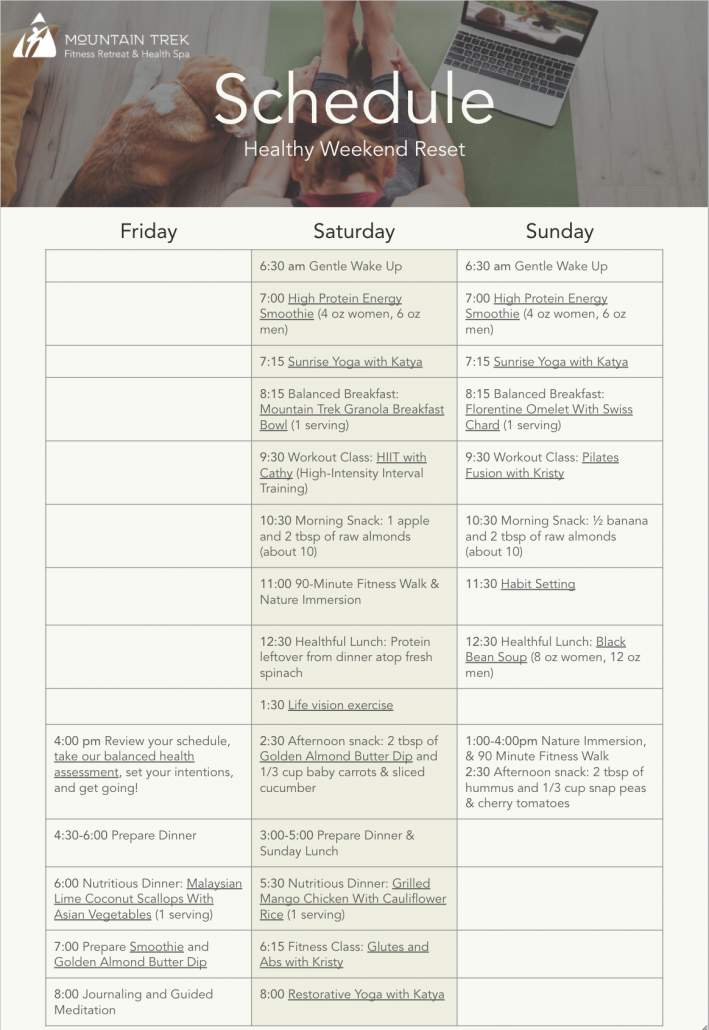How Stress Contributes To Diabetes

While it’s widely known that a poor diet and low levels of exercise increase the risk of type 2 diabetes, we are now learning that chronic stress also contributes to the disease that affects 1 in 10 Americans. Today’s fast-paced lifestyles, which feature modern medical syndromes like burnout, are even more prone to stress, and it’s causing a domino effect not only on our emotional and mental health but our physical health as well.
Understanding Diabetes
Terms like “diabetes”, “type 2 diabetes”, and “adult-onset diabetes” are now common in our vocabulary, but the fundamentals of the disease are confusing, and therefore often overlooked.
If we know nothing else, we need to understand that our bodies run off a sugar molecule called glucose—the gasoline to our combustion engine. The food we eat is broken down into glucose, which is then carried off by our blood to the places that need energy, such as our brain, muscles, and organs. We refer to the amount of glucose in our bloodstream at any given time as our blood-sugar level (remember, glucose is sugar).
Once at its destination, glucose isn’t able to enter our cells without the help of a hormone called insulin. Insulin binds to glucose and allows it to actually cross the cell wall. Insulin is like the nozzle of the fuel pump. Without the nozzle, gas can’t actually enter your fuel tank. Instead, it just sits in the hose. Without insulin, sugar cannot enter our cells. Instead, it just sits in our bloodstream.
The problem with our bodies, unlike a fuel pump, is that if extra gas sits in our hose for too long, aka extra sugar in our bloodstream, all sorts of issues occur, such as slowed healing, hearing loss, nerve damage, sleep apnea, heart and blood vessel disease, kidney damage, eye damage, and Alzheimer’s.
This permanent state of elevated blood sugar is diabetes. There are two types of diabetes: type 1 diabetes is caused by a genetic condition developed primarily during childhood or adolescence where your pancreas naturally produces little or no insulin, and it cannot be avoided; Type 2 diabetes, however, occurs when our blood sugar levels are so frequently elevated due to our lifestyle that either our pancreas begins to slow down the production of insulin, or our cells begin to resist insulin. In either case, the result is permanently elevated blood sugar levels.
It’s easy to believe this resistance is due to overuse, but think about Olympic athletes for a second. They typically consume between 3,000 and 5,000 calories per day, constantly adding sugar to their blood. The difference is, they use up this sugar through their rigorous, all-day training, preventing their blood sugar levels from ever getting too high. It’s extremely rare that an Olympic athlete, someone who cycles through an enormous amount of sugar, gets type 2 diabetes. So something else is going on.
While the very science of why our cells begin to refuse insulin in type 2 diabetes is still being fully developed, the leading assumption is that an increased level of fat in our blood and chronic inflammation are the two primary culprits.
Fortunately, we have the ability to prevent insulin resistance. The key lies in stopping ourselves from too frequently entering a state of elevated blood sugar—a state known as hyperglycemia. What’s widely obvious, today, is that reducing the amount of sugar we take in and increasing the amount of sugar we burn is a great way to accomplish this. In other words, eating healthier (the correct portions at the correct times) and moving more. What’s less known, however, but quickly coming into the spotlight as a contributing factor to our elevated blood sugar levels, is that stress contributes to insulin resistance.
Can Stress Cause Diabetes?
The short answer is that chronic stress does contribute to type 2 diabetes. Whether or not stress outright causes diabetes is still to be discovered, but we started understanding how stress plays a role in the development of the disease back in 2010, with a review from the European Depression in Diabetes Research Consortium. They discovered, “Depression, general emotional stress and anxiety, sleeping problems, anger, and hostility are associated with an increased risk for the development of Type 2 Diabetes.”
Now, more than a decade later, we continue to understand how chronic stress disrupts our pancreas and liver from managing blood sugar levels properly, leading to periods of hyperglycemia, which ultimately leads to diabetes.
Stress and Blood Sugar Levels
When under physical, mental, or emotional stress, blood sugar levels naturally rise to supply energy to our muscles. Physiologically, this occurs to support our primitive fight-or-flight response, which once allowed us to survive stressful situations, such as an attack from a saber-tooth tiger. In an instant, our liver dumps stored glucose, aka sugar, into our bloodstream. Simultaneously, our pancreas produces insulin which allows that sugar to be used by our muscles. Running away from the tiger or fighting uses up the sugar in our bloodstream, and, after a short while, levels return to normal.
Today, however, our situation has evolved, and we rarely utilize the increased sugar in our bloodstream immediately following a stressful event. Think back to the last time you got cut off in traffic or got into an argument with a colleague. Or even the last time you felt a spell of anxiety. Did you go “walk it off”? Most likely not. More realistically, following a stressful event, we stay stagnant in our seats or on our couch. Even worse, we may decide to eat something salty, fatty, or sugary to settle our emotions.
Stress Eating Leads to Increased Blood Sugar Levels
Coping with chronic stressors—whether mental, emotional, or physical—often leads to feelings of unhappiness and dissatisfaction. Our natural instinct is to then make choices that evoke our “feel-good hormones” to avoid the weight of these feelings. Unfortunately, we are genetically wired to crave certain foods to elicit the brain’s soothing hormones serotonin, and dopamine, so we often head for the pantry or the freezer when feeling bad.
Consuming any of the three main cravings—salt, fat, and carbs—will make us feel better momentarily, but it won’t support the lowering of blood sugar. Stress eating and alcohol drinking are common coping mechanisms, and, unfortunately, they both spike our blood sugar levels.
Additionally, research has shown that under chronic stress we sleep less. Less sleep stimulates our hormone ghrelin, which increases appetite, causing us to subconsciously eat even more.
Stress Affects Insulin Resistance
Stress contributes to elevated blood sugar levels by both dumping stored glucose into our bloodstream due to our natural flight or fight response, and by us turning to food as a stress-coping mechanism. While these chronically elevated blood sugar levels have been proven to contribute to insulin resistance, this is not the only way stress plays a role in affecting insulin resistance.
Thanks to a research team led by Carnegie Mellon University’s Sheldon Cohen, we now know that chronic psychological stress also prevents our body from being able to regulate inflammation levels. Their findings state, “When under stress, cells of the immune system are unable to respond to hormonal control, and, consequently, produce levels of inflammation that promote disease.”
Stress-induced inflammation is also a major contributing factor to our cells becoming insulin resistant.
A healthy lifestyle will prevent diabetes
It’s more important than ever to achieve balance in our health. A healthy diet and plenty of movement are a good foundation, but now, more than ever, stress management is vital to hormone balance, healthy blood sugar levels, sleep depth, maintaining an active anabolic metabolism, and lowering inflammation. Focus on balancing all aspects of physical, mental, and emotional health to lessen the proclivity of developing insulin resistance and type 2 diabetes, as well as minimize the effects if diagnosed with the disease.
What is Mountain Trek?
Mountain Trek is the health reset you’ve been looking for. Our award-winning health retreat, immersed in the lush nature of British Columbia, will help you detox, unplug, recharge, and roll back years of stress and unhealthy habits. To learn more about the retreat, and how we can help you reset your health, please email us at info@mountaintrek.com or reach out below:










